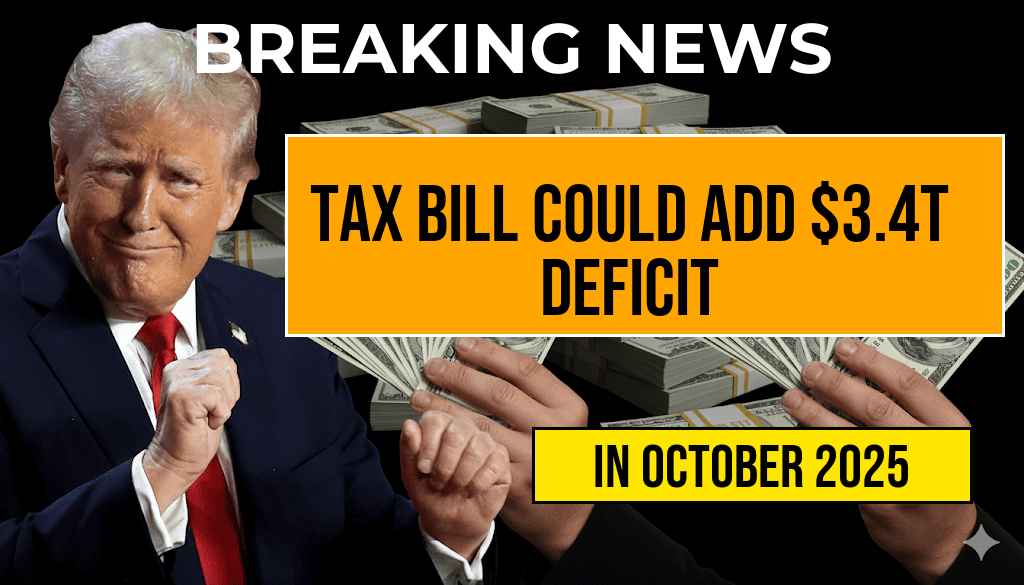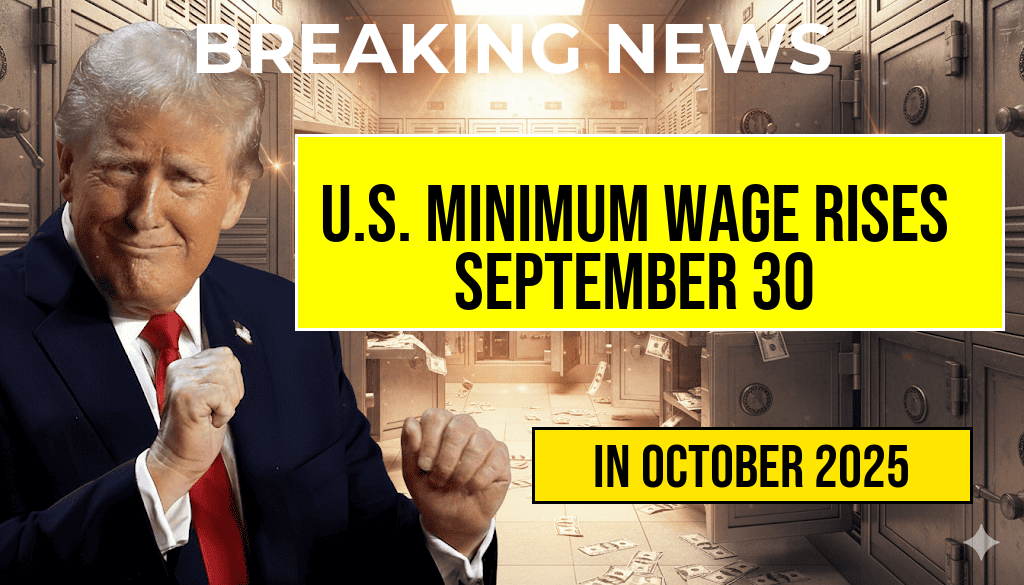The proposed legislation dubbed the “One Big Beautiful Bill” has sparked significant concern among fiscal analysts and policymakers, as preliminary estimates suggest it could inflate the federal deficit by as much as $3.4 trillion over the next decade. Advocates argue the bill aims to stimulate economic growth through expansive spending and tax incentives, while critics warn that its hefty price tag could undermine fiscal stability and increase national debt at an alarming rate. As debate intensifies in Congress, experts are scrutinizing the bill’s projected impact, weighing its potential benefits against the risks of ballooning deficits and long-term fiscal challenges.
The Origins and Scope of the “One Big Beautiful Bill”
The legislation, introduced by a coalition of lawmakers seeking comprehensive economic revitalization, encompasses broad measures including infrastructure investments, expanded social programs, and significant tax breaks for corporations and high-income earners. The bill’s architects argue that these investments are necessary to modernize aging infrastructure, boost job creation, and foster innovation in a post-pandemic economy. However, critics contend that the bill’s expansive scope, combined with its generous tax provisions, could lead to substantial increases in federal spending without clear mechanisms for cost containment or revenue offsets.
Projected Fiscal Impact and Key Estimates
| Year | Projected Deficit Increase (in trillions of dollars) |
|---|---|
| 2024 | $0.2 |
| 2025 | $0.3 |
| 2026 | $0.4 |
| 2027 | $0.5 |
| 2028 and beyond | Accumulating to a total increase of $3.4 trillion over a decade |
According to preliminary analyses by the Congressional Budget Office (CBO), the bill’s cost could push the federal deficit to levels unseen in recent decades, exacerbating concerns about debt sustainability. The CBO’s estimates highlight that while the bill’s immediate fiscal impact is modest, its long-term effects could be substantial if the projected revenue increases from economic growth do not materialize as expected.
Economic Growth Assumptions and Criticisms
Proponents argue that the bill’s investments will unlock significant economic growth, generating additional tax revenue and reducing deficits over time. They cite models suggesting that infrastructural enhancements and workforce development could boost gross domestic product (GDP) by up to 2% annually. However, skeptics point out that such optimistic assumptions rely heavily on future growth projections that are inherently uncertain, especially amid persistent inflation, global economic shifts, and potential supply chain disruptions.
Expert Opinions and Analytical Perspectives
- Fiscal Analysts: Many warn that even small miscalculations in growth assumptions could lead to deficits exceeding estimates, making fiscal management more challenging.
- Economists: Some argue that the bill’s expansive tax incentives for high earners and corporations could lead to revenue losses that outweigh short-term gains, especially if economic activity does not accelerate as forecasted.
- Policy Think Tanks: Several organizations recommend tighter controls and sunset provisions on certain spending and tax measures to prevent long-term fiscal strain.
Historical Context and Policy Implications
The “One Big Beautiful Bill” echoes past legislative efforts where large-scale spending was justified by the need to address urgent economic challenges. Yet, history shows that such expansive fiscal measures can have mixed outcomes, often depending on execution and external economic conditions. The bill’s potential to increase the national debt raises questions about its long-term impact on economic stability, national security, and future policy flexibility.
Looking Ahead: Political and Public Response
As lawmakers debate the bill’s merits, public opinion remains divided. Supporters emphasize the potential for job creation and infrastructure modernization, while opponents warn of the mounting debt and the risk of fiscal irresponsibility. The bill’s passage could depend on complex negotiations, including potential amendments to address deficit concerns or provisions for increased revenue collection.
For more on the history of fiscal policy and government spending impacts, visit Wikipedia’s Fiscal Policy page. To explore current debates on government spending and economic growth, see Forbes’ analysis.
Frequently Asked Questions
What is the main concern discussed in the article titled “Taxpayer Alert: The ‘One Big Beautiful Bill'”?
The primary concern is that the ‘One Big Beautiful Bill’ could significantly increase the national deficit by approximately 3.4 trillion dollars.
How might the bill impact the federal deficit?
The article warns that the bill has the potential to add 3.4 trillion dollars to the federal deficit, which could have long-term economic implications.
What are the potential economic consequences of increasing the deficit by this amount?
Increasing the deficit by 3.4 trillion dollars may lead to higher interest rates, increased public debt, and possible negative effects on economic stability.
Who are the primary stakeholders concerned about this bill?
Taxpayers, fiscal policymakers, and economists are concerned about the potential impact of the bill on the national economy and public finances.
What actions are recommended to address the potential increase in the deficit?
The article suggests that legislative oversight and fiscal responsibility measures should be considered to prevent the deficit from escalating due to the bill’s passage.






